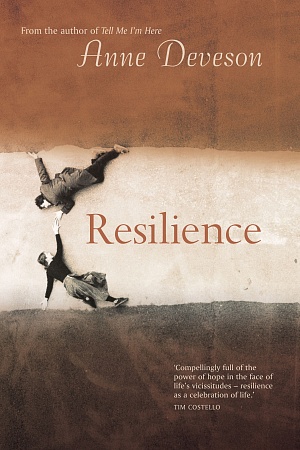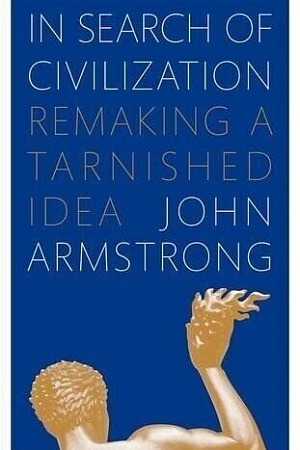The Empire Fractures: Anglo-Australian Conflict in the 1940s
Australian Scholarly Publishing, $34.95 pb, 269 pp
Fractured Empire
The central contention of this provocative, well-written, and extensively researched study is that Australia underwent a process of decolonisation during the 1940s, and that only by understanding this can we make sense of the subsequent relationships between Australia, Britain and the United States.
The wartime reorientation of Australian affairs away from Britain and towards the United States was viewed as a purely wartime expedient, and even before the war’s end the Australian government (a Labor government, let it be remembered), was looking to renewing the military and diplomatic ties with Britain which the Pacific war had weakened. The election of Attlee’ s government in Britain in 1945 brought with it expectations that a grouping of Labour governments in the Dominions would prove a positive force in remaking Commonwealth relations in the postwar era. The British Foreign Secretary, Ernest Bevin, jokingly referred to a meeting of the Commonwealth prime ministers in 1946 as the ‘Imperial Labour Executive’.
It was not to be, and in the field of foreign relations in particular the Australian and British governments found it increasingly difficult to reach agreement or act to a common purpose across a range of issues in the second half of the 1940s. The two overriding issues of postwar history – decolonisation of the European empires and the East-West tensions which rapidly developed into a state of Cold War – emerged early, and agreement between Australia and Britain on either proved impossible, at least until 1949.
Continue reading for only $10 per month. Subscribe and gain full access to Australian Book Review. Already a subscriber? Sign in. If you need assistance, feel free to contact us.










Leave a comment
If you are an ABR subscriber, you will need to sign in to post a comment.
If you have forgotten your sign in details, or if you receive an error message when trying to submit your comment, please email your comment (and the name of the article to which it relates) to ABR Comments. We will review your comment and, subject to approval, we will post it under your name.
Please note that all comments must be approved by ABR and comply with our Terms & Conditions.